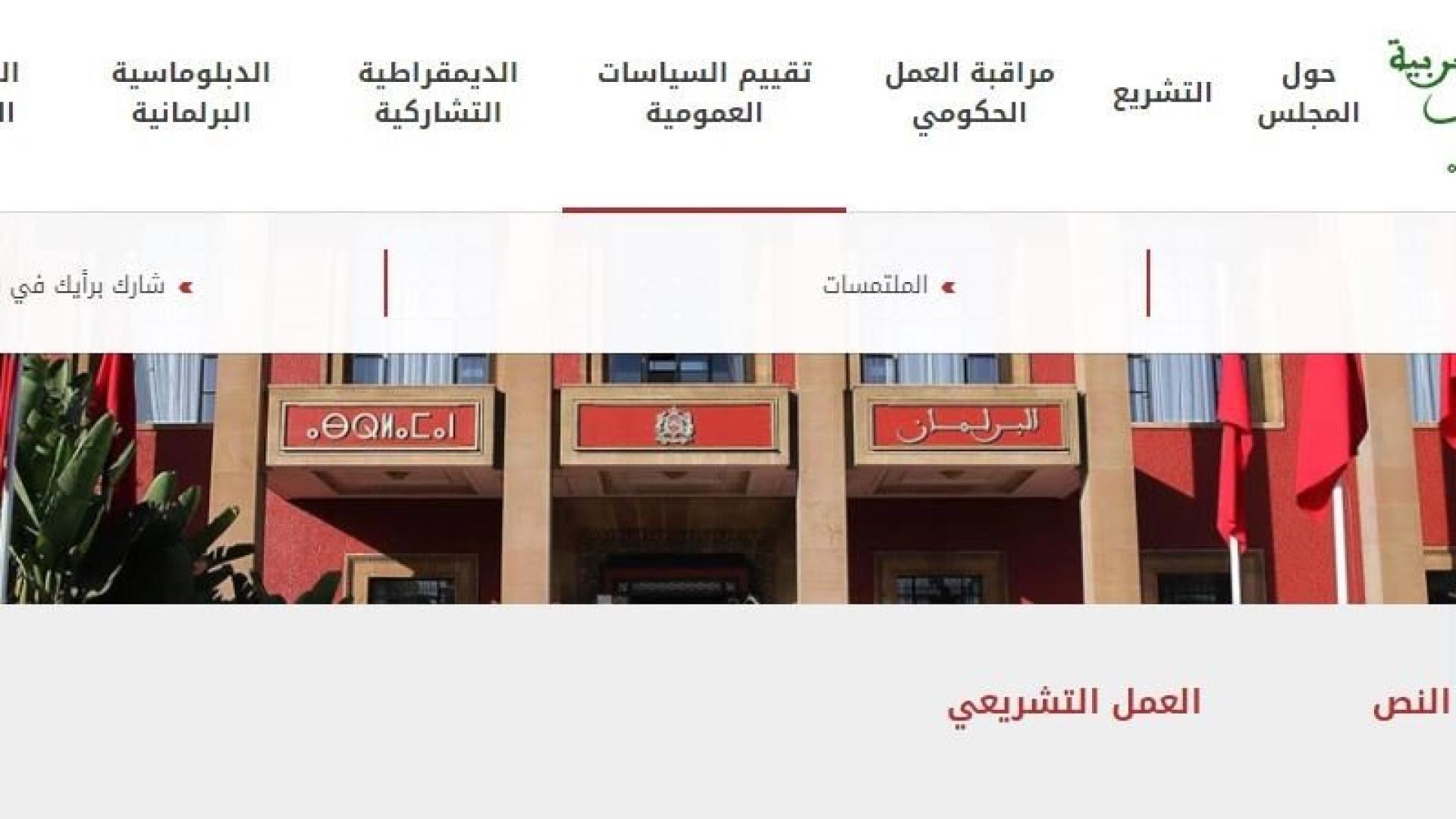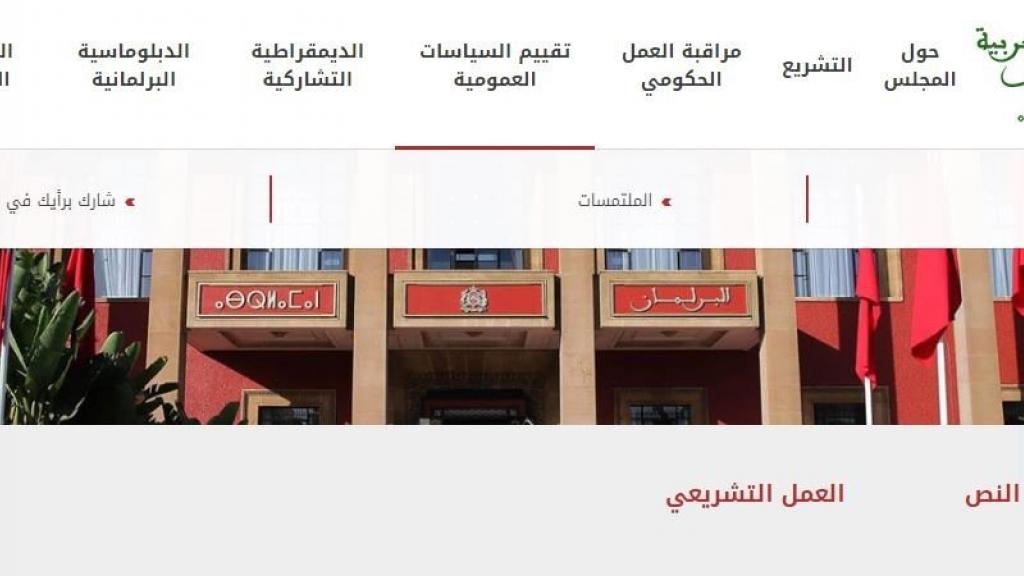A new communication portal for the Moroccan Parliament

Open parliaments are the cornerstones of democracy. They represent people’s voices, pass laws and oversee governments’ actions.
Opening parliaments has many benefits including effective outcomes in key policy areas, better quality legislation and most importantly improved trust relationships between citizens and the parliament.
Morocco officially joined the Open Government Partnership (OGP) in 2018. The House of Representatives has its own commitments in Morocco’s National Action Plan under OGP, with the aim of making the Parliament “an institution which is closer to citizens”.
Before joining the OGP, the Moroccan House of Representatives adopted many reforms in light of the new 2011 Constitution, which was introduced following the Arab Spring uprisings, to ensure a better openness to civil society organisations and engaging communication with citizens.
These reforms included the revision of rules of procedures and the elaboration and adoption of a strategic plan based on principles of openness, transparency and citizens’ engagement in parliamentary work from legislation to government oversight and public policies evaluation.
WFD has been actively involved with the Moroccan Parliament’s work to fulfill its commitments under both OGP and the 2011 Constitution. Since 2011, WFD has been working hand in hand with the Moroccan House of Representatives to enhance its communication with citizens and civil society organisations, with transparency and openness as the ultimate goals of this reform.
In January 2020, the House of Representatives launched its renovated website, with an expanded functionality and improved navigation. The new portal provides information and updates on parliamentary activities in five languages and offers a wide range of informative and explanatory content to familiarise citizens with the role of the parliament and its functions as an institution that makes and debates laws.
This new website also provides a greater scope for two-way communications practices, as it offers several remote services such as requesting visits to the parliamentary building library, getting media accreditations, and submitting internship applications.
The new portal also guarantees the right to access parliamentary information. For example, the website lists all members of the House of Representatives and gives the opportunity to get in touch with MPs directly via email, in addition to tracking and commenting on legislation.
Furthermore, the parliament has increased its efforts to involve a wide range of groups in its work. For instance, some website pages are dedicated to women, youth, and children. Additionally, committees’ meetings started to be broadcasted on the website and the parliament’s YouTube channel during the pandemic, allowing for remarkable public engagement.
The new portal is part of the House of Representatives’ communications strategy and was developed based on some of WFD’s recommendations.
These recommendations were proposed following WFD’s assessments on different aspects of parliamentary communications. They included key reforms such as reviewing the system for accessing the parliament’s building to facilitate citizen visits, broadcasting committee hearings on the parliament’s website, and producing publications on the role of MPs, as well as providing a short biography of each MP.
Other recommendations were also adopted while renovating the portal. This included maintaining a central database of MPs and their roles, subject indexing of questions and answers and providing a lot of information as open data.
In addition to renovating its website, the parliament also developed the concept of ‘parliament as a public space’ by amending the parliamentary bylaws, facilitating access to the building by amending security procedures, parliamentary committees’ outreach to citizens and the media, and prioritizing the outreach to young people by creating a new section dedicated to youth in the new portal.
In February 2020, WFD conducted a comparative study on two-way communications for the House of Representatives and shared the best practices to enhance the linkages between the Parliament and citizens and to strengthen the Parliament’s capacity to engage in a dialogue with civil society organizations in light of its commitments under OGP.
Throughout years of prolonged partnerships with the Moroccan Parliament, WFD Morocco has been able to develop a thorough understanding of the parliamentary work and challenges and has built an unparalleled trust with the two Chambers of the Parliament of Morocco.
This trust has been used, coupled with diligent cooperation and exchange of experiences and best practices, to adopt ambitious reforms that would make positive impact and improvement with regards to communications and other crucial components of the parliamentary work.

